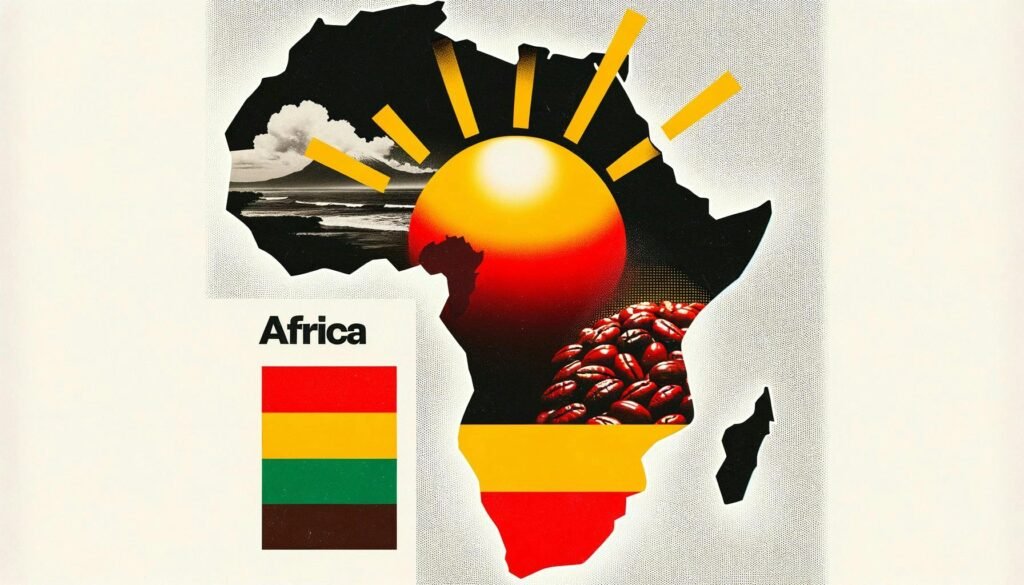What is going on here?
Africa’s financial landscape has experienced major changes in monetary policy, market trends, and resource management amid various economic developments.
What does this mean?
In Tanzania, the central bank’s future decisions on lending rates could have a significant impact on the country’s borrowing costs and economic trajectory. Meanwhile, Kenya’s economy grew by 4.6% in the second quarter of 2024, but with signs of slowing compared to last year, the finance minister pushed for interest rate cuts as inflation cooled. In Uganda, declining foreign exchange reserves have led to increased interest in infrastructure investment, particularly hydropower to increase energy capacity. Madagascar is facing challenges in resource extraction, with Ambatovy mining operations temporarily suspended due to pipeline damage. In Ivory Coast, the Coffee and Cocoa Council is expanding its export reach by issuing more licenses for next season. Furthermore, the energy development potential in Mozambique highlighted by TotalEnergies’ CEO visit highlights the dynamic changes unfolding across Africa.
Why should we care?
In the market: Currencies fluctuate in the spotlight.
Currency markets have had mixed reactions across the continent. The South African rand’s depreciation against the US dollar amid tensions in the Middle East highlights broader geopolitical risks affecting exchange rates. Meanwhile, the Kenyan shilling is gaining support due to strong dollar inflows from tea exports, and its position is likely to strengthen. These fluctuations are important for investors who monitor foreign exchange trends and their potential impact on local economies.
The big picture: strategizing for sustainable growth.
These developments in Africa are part of broader changes in the global economy. Focused on effectively leveraging its rich resources, the continent is making strategic investments in energy and infrastructure, pointing to a growth-oriented future. International partnerships, such as the one anticipated between Mozambique and Total Energy, could further integrate African economies into global supply chains and create new opportunities for trade and investment.

